#academla
Text

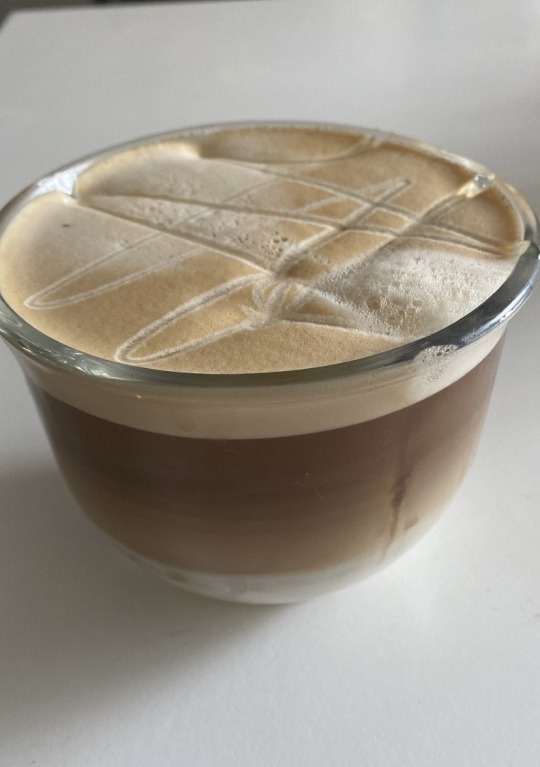
honey oat macchiato for early morning study sessions ☕️🌱
#jthoughts#studyblr#100 days of productivity#studyspo#gloomstudy#diaryofastemstudent#educatier#heypat#studylustre#emmastudies#highlighteurs#academla#studyquill#elrood#elkstudies#motivation#coffee#latte#light academia
39 notes
·
View notes
Text
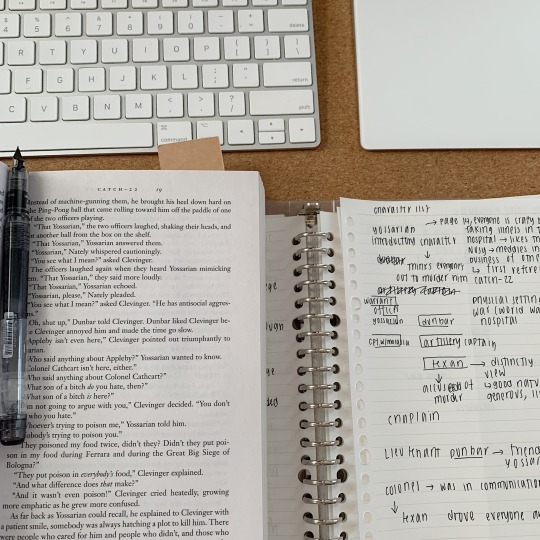
notes on catch 22 🖋
#studyblr#study notes#mine#academia#light academia#notes#student#studyspo#studyinspo#academla#studyquill#study#studying#study desk#studytime#studys#studygram
2K notes
·
View notes
Photo

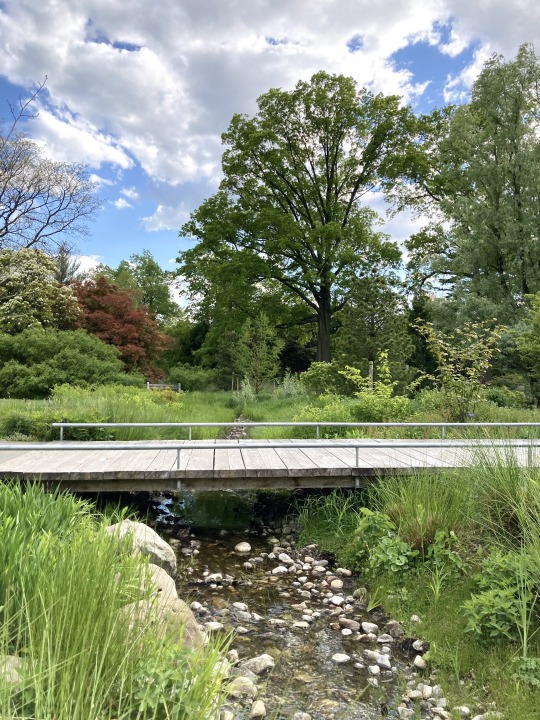
2021.04.18 // 11:40
coffeeshop brunch date <3 feat. reading for class
pic: brooklyn botanic garden, brooklyn, n.y.
#188#mine#studyblr#studyspo#study motivation#studysthetics#student#onmydesk#bookblr#elkstudies#heygen#studypetals#obsidianstudy#natlookhere#areistotle#studyplants#academla#hi xuanlin#heysareena#caffestudy#heyargo#studylustre#studyoon#intellectys#phocusing
451 notes
·
View notes
Text
A guide to effectively using flashcards
Flashcards were an important part of my preparation for my IGCSE examinations. I found them extremely useful for retaining a wide range of concepts (especially for subjects like biology and psychology) in a simple yet effective way!
I hope y’all find these tips useful!! :)
PART 1
Do not rely solely on them
It’s important to note that flashcards are not a one-way ticket to that A*. It is a combination of several things that essentially leads you to a successful result (eg: past papers, homework, readings, research, etc).
Furthermore, it also depends on what type of material you’re studying and how far you are into the learning process.
Recognise which subject requires them
Flashcards are generally used for knowledge-intensive subjects that require a lot of factual memorisation over a long period of time. These can include the sciences, history, literature, etc.
Subjects like these contain a multitude of relationships, terms, processes and facts that need to be individually internalised in order to achieve a meaningful level of mastery of the overall subject matter.
I didn’t bother using flashcards for subjects like mathematics or business studies.
PART 2
Avoid information overload
it can feel tempting to make flashcards for every little fact and shred of information so that you don't miss it on the exam. However, this usually results in an overwhelming number of decks.
During the initial exposure to the information, make sure that you have thoroughly read through it to isolate the pertinent facts and turn these into question-and-answer flashcards. To do this, I referred to end of unit tests and homework to get a good idea on which aspects of the topic/chapter are typically assessed.
It’s really important to condense the information since flashcards are typically used for REVIEW and to help consolidate your knowledge. Trying to add in an entire chapter of 12 pages really defeats the purpose of using them.
I was constantly worried that I might cut out information that may end up being vital. I was able to remove this fear of mine by ensuring that I only put down one concept/question per flashcard and then list down the components that made up that particular concept.
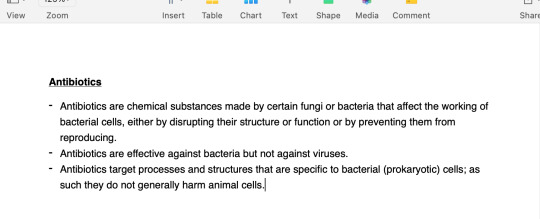
For example, these were my notes on medicinal drugs, with a focus on antibiotics. One of the key requirements listed in my specification was:
“To describe the functions of antibiotics for the treatment of bacterial infection”
I used this to understand what pieces of information to isolate.
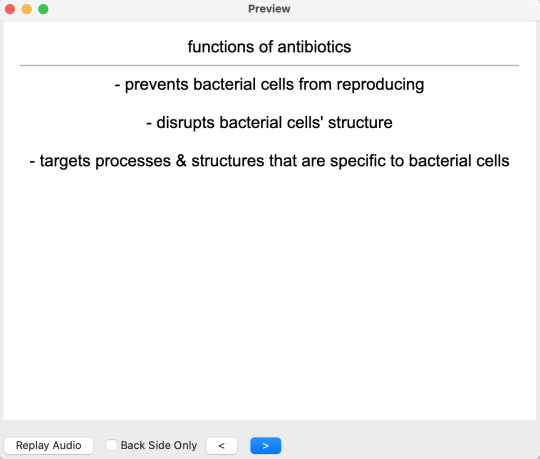
As you can see above, I only listed down the functions of antibiotics and nothing else. I didn’t mention the fact that they were ineffective against viruses because there is a reason to that and the concept can be better explored in another card. I instead, chose to focus on how antibiotics combat bacterial infections.
This saves a lot of time during the revision process and also ensures that the amount of information you have to know isn’t too overwhelming.
Create Mental Connections
This can be easily achieved by mixing pictures and words or using mnemonic devices. These help increase your brain’s ability to recall what you’re studying. Just be careful to only use these when absolutely necessary.
Organisation of Your Flashcards
It’s highly likely that you may never use your flashcards when they are stacked one over the other until they form a skyscraper. This is where organisation comes into play.
For biology in particular, I organised my decks by chapter and then divided it into decks for the sub-topics within the chapter:
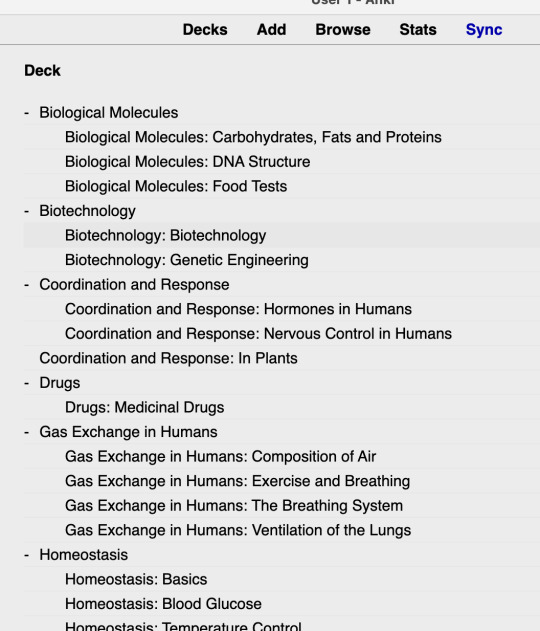
As you can see, I basically divided the chapter of “Biological Molecules” into those sub-topics which made the whole revision process less overwhelming and it also helped me plan what I wanted to study because I would have already had a basic overview of what I’m familiar with and what I needed to review further.
PART 3
The Process of Retrieving the Answer
When going through your decks, it’s important to note down the answer or say it out loud instead of adopting the “oh I know this already, so it’s fine” attitude. You should be able to hold yourself accountable and avoid falling for the false illusion of confidence. Even if you are already familiar with that particular piece of information, there’s no harm in reinforcing it again. Better to be safe than sorry.
Shuffle Your Decks
This is an incredibly effective way of challenging yourself with spacing and interleaving, instead of going through your flashcard deck in the same order again and again. You won’t be able to properly retain those concepts by trying to retrieve information based on the deck and card number!
Spaced Repetition
Spaced Repetition is an evidence-based learning technique boosts learning by spreading revision out over time so learning is not crammed all at once.
You can find a detailed explanation about the effectiveness of this technique here
PART 4
Anki
This app allows you to create online flashcards which you can use to test yourself in practice sessions. It uses an algorithm built around active recall and spaced repetition and hence learns as you progress through your studies and revision.
Anki is available for free on desktop and on all mobile devices except iOS, but I highly recommend it as it’s in-built algorithm and other features (more information about the app including the download link can be found here) were incredibly useful for me!
Quizlet
This is another online learning tool that allows users to create study tools such as interactive flashcards, tests, and study games.
The app makes it simple to start creating cards on the topic of your choice. In addition to text, you can also add images from your computer or Quizlet’s library. It also provides you with a variety of options when studying your cards. For more information on the features that Quizlet employs, visit this link
Quizlet is free but provides the option of a paid premium plan which includes additional features.
Brainscape
This app also implements spaced repetition, which has been shown to increase rate of learning.
Brainscape allows you to rate your confidence in each flashcard, on a scale of 1-5, which subsequently determines how frequently to repeat the flashcard. Lower-confidence items are repeated more frequently until you upgrade your confidence rating.
Like Quizlet, it is a free app but provides a paid pro plan with additional features.
Once again I want to emphasize that to truly succeed with flashcards, you need to learn how to create them correctly. The best app isn’t very useful if you’re not writing effective questions and answers.
That’s all I have for now, I really hope this post was helpful and if you have any additional tips or apps you’d like to suggest, feel free to reblog and add them!!
sending love and wishing you all a wonderful day!
— cyrene :)
#einstetic#myhoneststudyblr#einstein#noorstudy#areistotle#studyquill#studylustre#intellectys#emmastudies#academla#student#studying#studyspo#revision#study tips#flashcards#studyblr#studyblr community#mine#mine: guides#studyvan#heyharri#merciful study#study#studyspiration#studyblr masterposts#academiix#heystudiposts
407 notes
·
View notes
Photo


OHAI, here’s an update!
It is late July. I haven’t posted in a long while and @pomme-kafka reached out to me asking if I was okay. Thank you a lot for that, I appreciate it!
I was quite okay but also: oh, well. July hasn’t been easy.
LAB MOVE. The lab I was working for since 2015 was discontinued and dissolved (i.e. we don’t have labs or offices anymore and the group does also not exist any longer). My contract ended in July. Preparing for the move was exhausting! It included many trips to the lab to sort through, relabel, pack and sort samples. Sort out samples and boxes from people who worked with us years ago. After the move was finally over (July 6 or 7) I fell into an emotional whole, exactly as I expected.
Thesis writing is dragging on. My first paper that I submitted in April was rejected in June. My PI didn’t contact me for 8 days (not because I did anything wrong, I just don’t think he thought it was a big deal, but it was a big deal for me. It was my first paper and it got rejected. That hurt and was disheartening.)
BEING UNEMPLOYED. Unemployment isn’t too bad for me right now. I am lucky and priviledged enough to have savings and I am also eligable for unemplyoment support for 12 months in Germany. Hooray! I am job hunting though and I have to write applications. Constantly doubting my abilities but I guess it’s another “fake it till ya make it” opportunity. I am also looking for alternatives and will apply to uni again to start training to become a teacher.
THESIS WRITING. My motivation is slipping constantly. After the lab move, every day was a struggle for about 2 weeks or so. I barely got out of bed, drowned myself in media (children’s tv shows mostly, because there’s usually lots on cute animal content and they are easy to follow). My goal was to track just 2 hours of work each day. I did not reach that goal often.
So now what?
I still have to write a fair bit on my thesis. I have to finalise one paper, write another paper and edit a third one. My introduction also still needs some work (but it already has 40 pages to it). I often feel lazy but I’m afraid that is just a result of year long academic conditioning.
My plan was initially to hand in my thesis by late July. It is now late July. I will not hand in this month. Hopefully August then. Wish me luck, I am trying my best but sometimes “my best” is getting out of bed. And that’s okay.
#academia#honest review#life update#dagboek#diary of a grad school kid#2021#phdblr#studyblr#studyspo#phd student#grad school#gradblr#geoscience#academla
129 notes
·
View notes
Photo


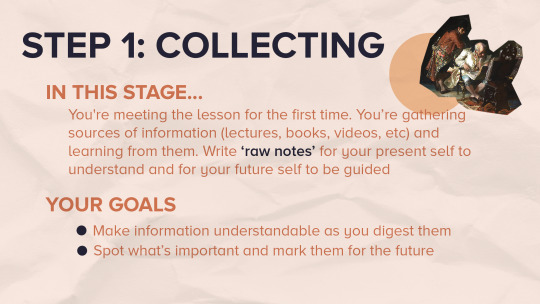


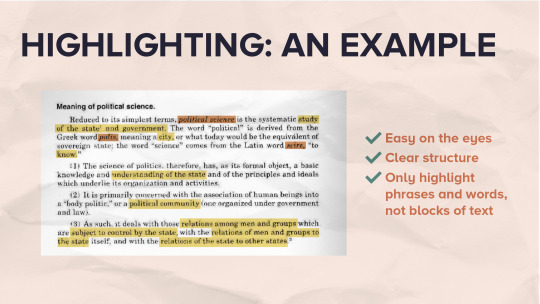
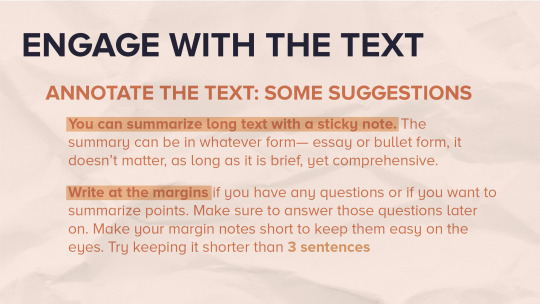

I’m nearing the end of high school, and I thought it’d be useful to share a step-by-step guide on how I’ve studied for the past few years.
Some disclaimers/clarifications
This doesn’t completely apply to Math-heavy subjects; I’ll write something about that soon, though!
Don’t take everything here as #Gospel Truth. At most, these are suggestions. Compare my framework to yours, and see how you can stitch mine up to improve yours.
Some tips:
AVOID MAKING A STUDY TIMETABLE AHEAD OF TIME. I cannot stress this enough. Decide for yourself on the day which lessons you’re going to focus on. Your past self cannot predict how good your future comprehension will be of certain lessons. Only your present self will. Watch Ali Abdaal’s video for a far more articulate argument.
REREADING YOUR NOTES TO MEMORIZE IS INEFFICIENT. Test. Yourself. Make flashcards. Teach someone else your lessons. Make a brain dump. Challenge your brain to vomit out the lesson instead of passively ingesting your notes.
CLEAR NOTES > PRETTY NOTES.
The rest of the process is under the cut!
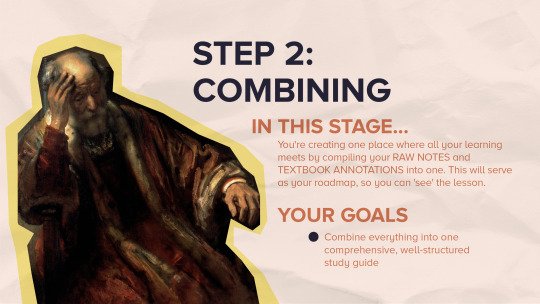

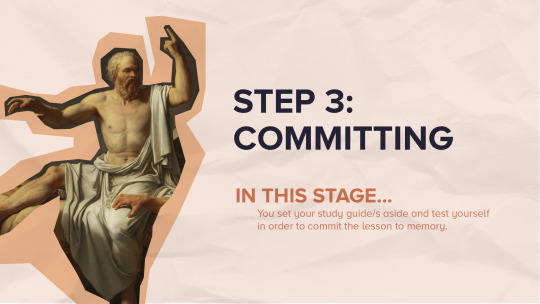
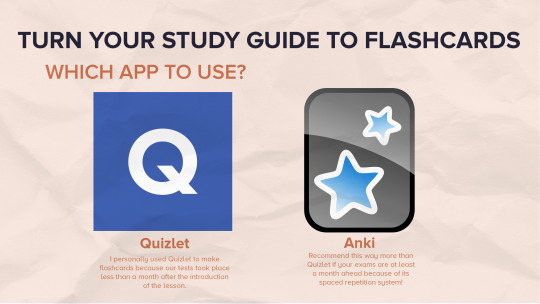

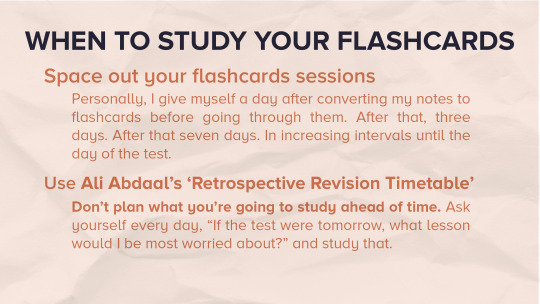

#heyindia#diaryofastemstudent#myhoneststudyblr#eintsein#heypat#heysareena#academla#studytildawn#studyblr#studyspo#study masterpost#mine#studyinspo#study motivation#studyspiration#heymeraki#studygram
2K notes
·
View notes
Text
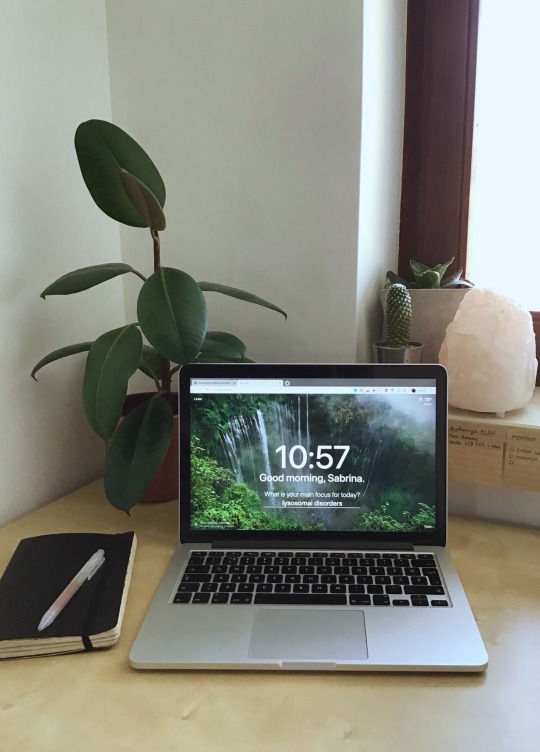

April 11, 2020 // 🍃
stressing over the upcoming cytology final, what else is new
#the 2nd pic is from the botanical garden of padua university in italy#study space#plants#sonderstudy#nerdastically#medblr#studyblr#myhoneststudyblr#heyreva#hey endy#nrstudies#studyvan#2020 quarantine challenge#tatstudies#sabrinas posts#sabrinas other#revisicn#academla#studypool#heynesi
1K notes
·
View notes
Text
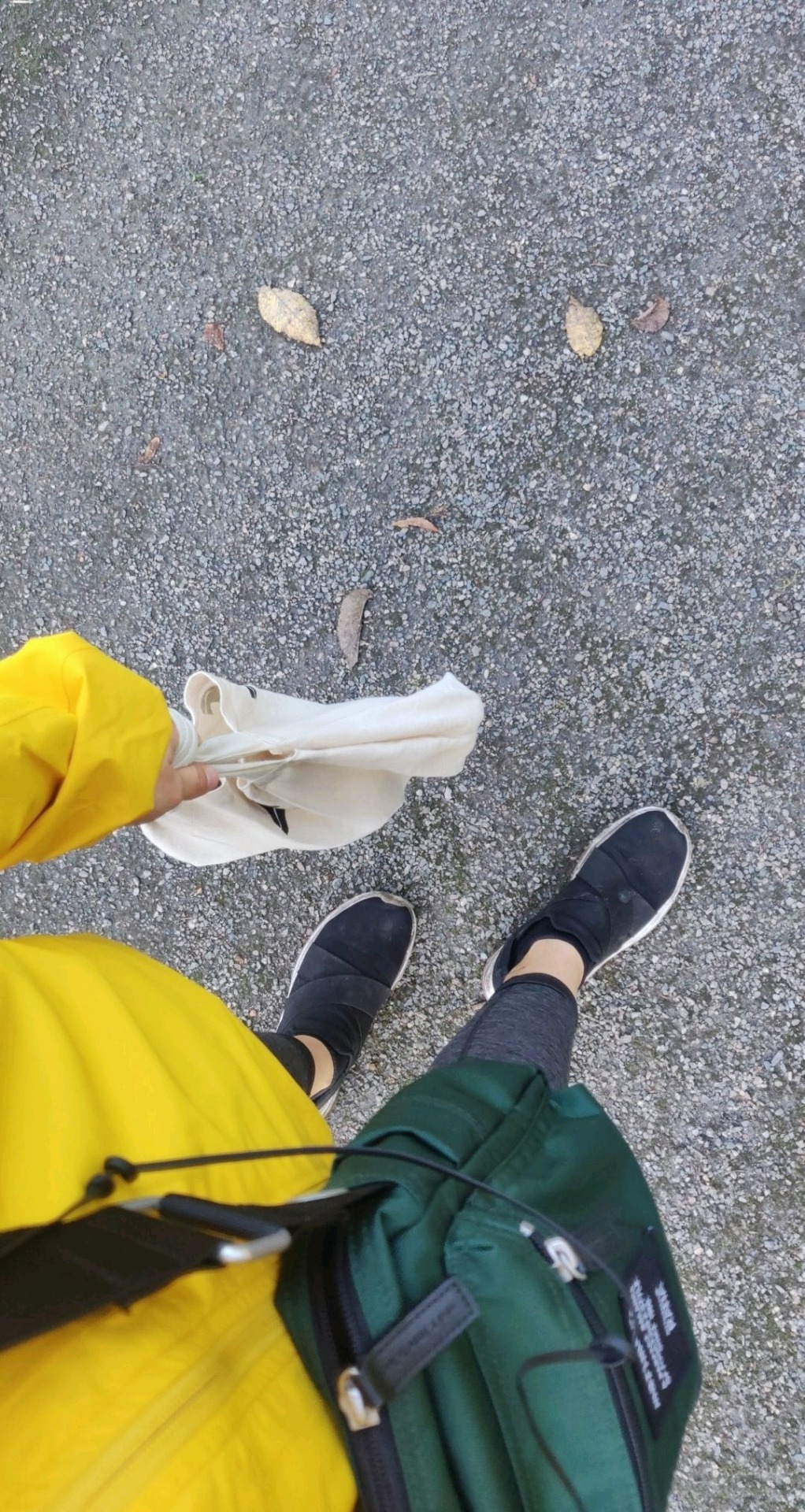

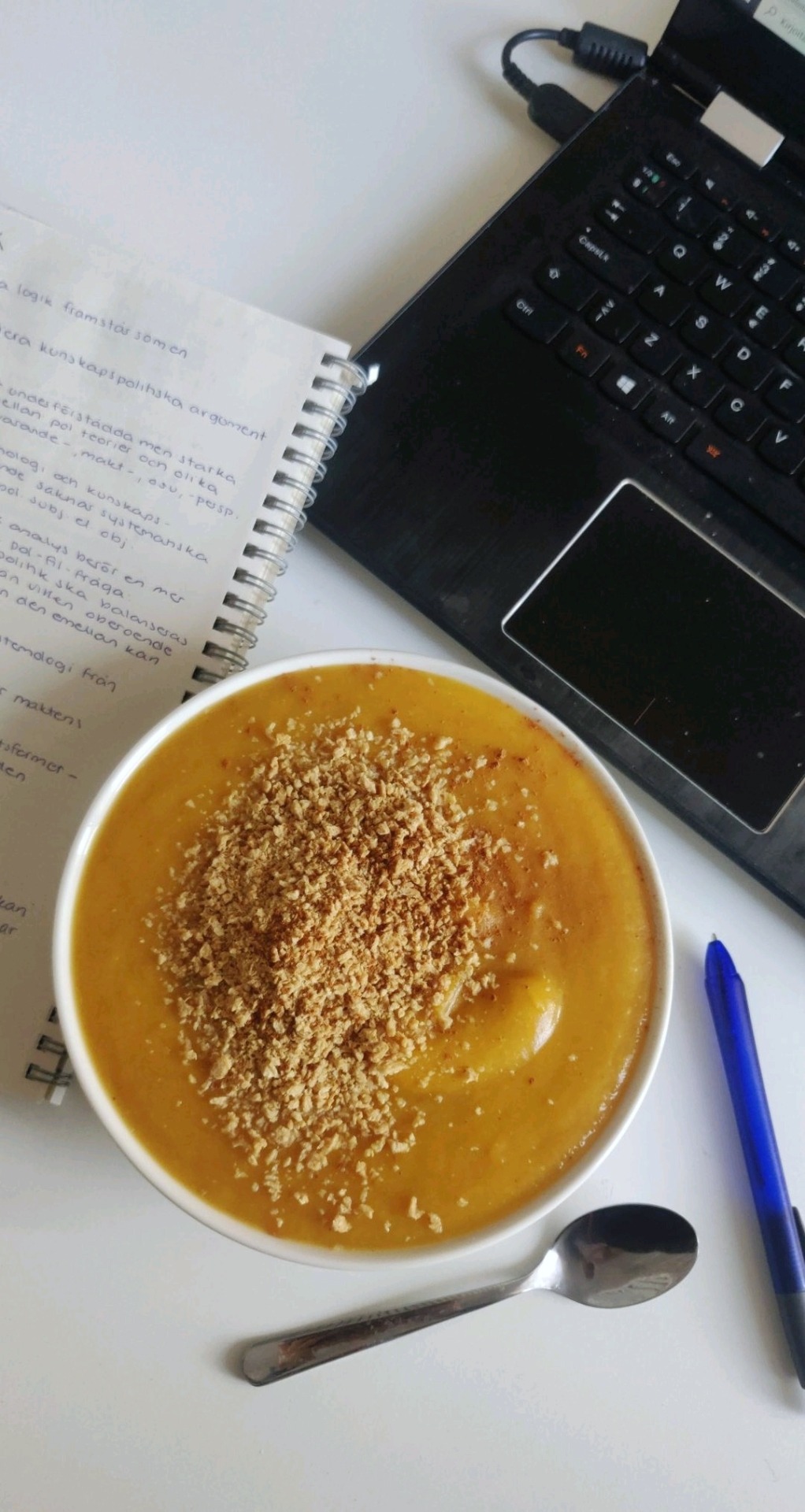

13.10.2020
presentation seminars must be one of the worst things ever. do i even dare to admit that i often just mute my computer and do everything else except listen?
russian has been on my agenda today, too, and i've also glanced over the materials for my upcoming exams. not glanced in the way "going to recall the topics" but in the sense of "shit, i should have opened the books, i'm screwed".
#studyblr#einstetic#mine#studyspo#heypat#studyquill#heyaly#athenastudying#academla#idiotacademia#problematicprocrastinator#student problems#studyblr gets real#lunetudes#moonshinestudies#rivkahlook#talkinbrain
219 notes
·
View notes
Photo
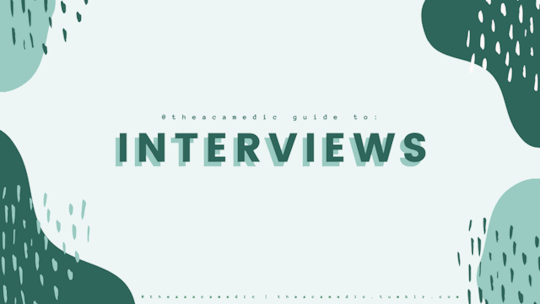
Interviews can be intimidating, especially if it’s your first time. But, if you’re well prepared and feel confident in yourself, then you’ll do great!

Tell us a bit about yourself!
Tell us about your greatest strength/weaknesses!
Tell me about your leadership experience.
Here are a few tips for ace-ing interviews according to situations:
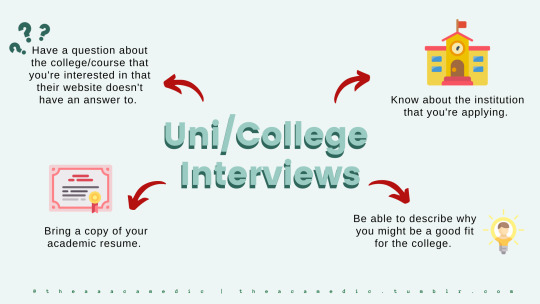
University & College Interviews
Prepare answers for common questions. Most universities will want to know your answers to, "Why do you want to study the subject?" and, "Why do you want to go to this university?". Have your responses to these questions polished and memorised.
Be able to describe why you might be a good first for the institution. Interviewers want to ensure that you’re a good candidate both on paper and in person, so consider things you’ve done that show character.
Know about the institution that you’re applying to. It’s important to highlight a particular attribute you like about the institution/course. This can be in terms of facilities offered or events held annually. Having a good general knowledge base that shows the interviewer that you are sincerely interested and have done your homework!
Bring a copy of your academic resume! You might be asked to bring a portfolio of your work, especially if you are applying for a creative arts course. Make sure you remember to bring it as much (including a variety) of your interview will be focused on this work. For example, if you’re planning to apply to an art course, bring in the different types of artworks you have done - painted, sculpture work etc.

Scholarships Interviews
Be able to tell the interviewer why you deserve the scholarship.
Make sure you link your accomplishments to the scholarship’s mission statement!
Know you application essay well!
If there’s a presentation, prepare well & practise, practise, practise!
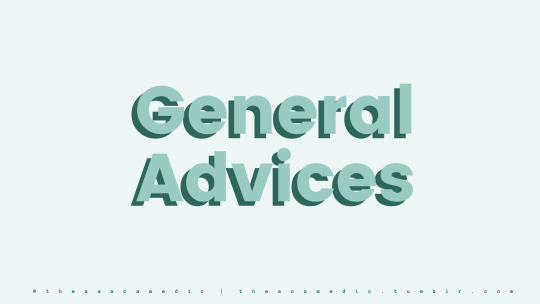
Arrive at least 15 Minutes Earlier! Make sure you know where you are going and have contact details so you can call them if there is a problem. This will avoid adding any unnecessary stress.
Dress smartly and comfortably.
Come prepared with a list of questions about the course/university/employer! This shows you were planning ahead. Prepare at least four beforehand, and feel free to add to those based on what you learn in the interview. For example:
What do you wish people in my shoes knew about attending this institution?
Do you have any advice for me as I prepare for college?
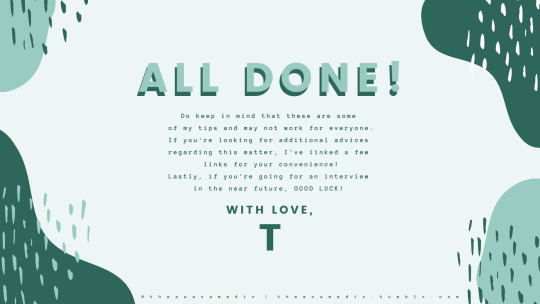
#theacamedic#study#studying#studyign#studygram#studyblr#studyspo#studyspiration#studysthetics#studyspace#studyscience#academla#eintsein#intellectus#intellectys#muji studies#anatomy#biochemistry#microbiology#pathology#pharmacology#physiology#medical school#medical student#medblr#interview#interview tips
1K notes
·
View notes
Text
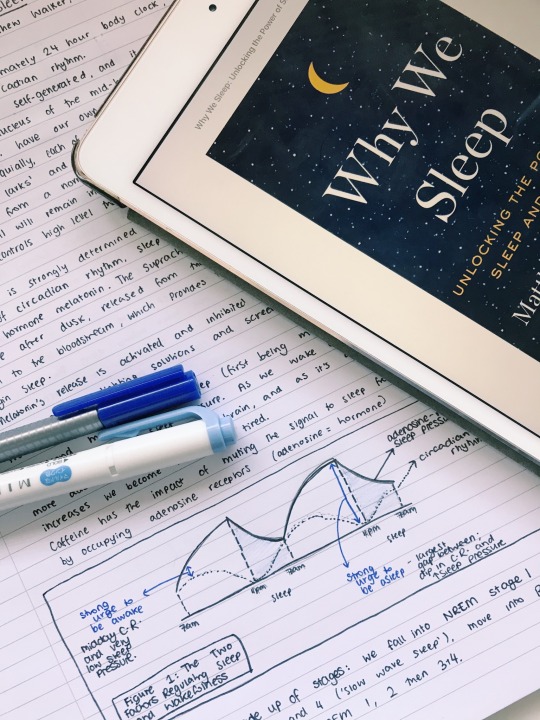

16.5.20
some notes i’ve been making based on my most recent read, why we sleep - i really enjoyed it and would definitely recommend!
#studyblr#studyspo#100 days of productivity#mine#dark academia#light academia#studying#med student#uni#study inspiration#study motivation#study space#study from home#coffee#tea#areistotle#studybuzz#studypetals#academla#studyign#revision#bullet journal#books#bookblr#bujo#leuchtturm#reading#science#uni studyblr#a levels
601 notes
·
View notes
Text

#jthoughts#studyblr#100 days of productivity#studyspo#gloomstudy#diaryofastemstudent#educatier#heypat#studylustre#emmastudies#highlighteurs#academla#studyquill#elrood#morningkou#tips#elkstudies#lookstudyblr#motivation#coffee
20 notes
·
View notes
Text


every day i wake up and i open up my silly little notebook to study my silly little subjects
heres da review this week!!
#studyblr#mine#study#studying#studyspo#productivity#studyinspo#studyquill#bujo#study motivation#light academia#academia#academla#einstetic#studentlife#student#productrvity#100 days of productivity#studylustre
2K notes
·
View notes
Photo
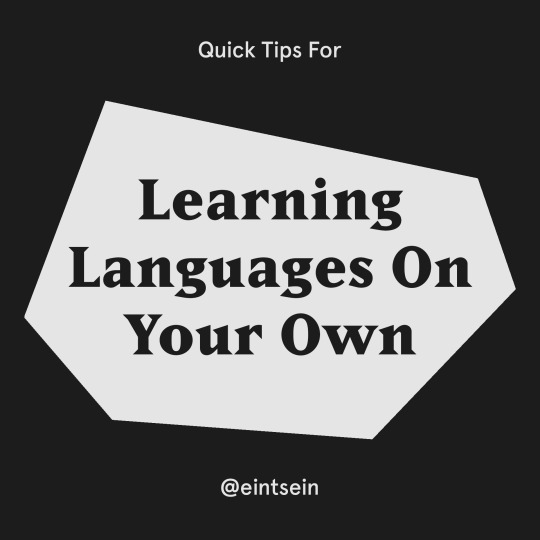
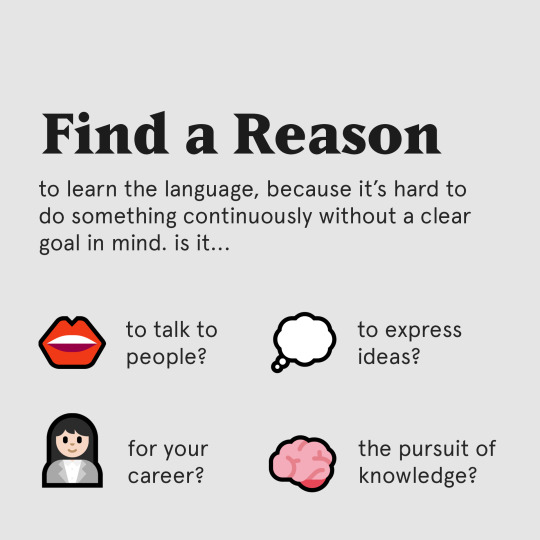
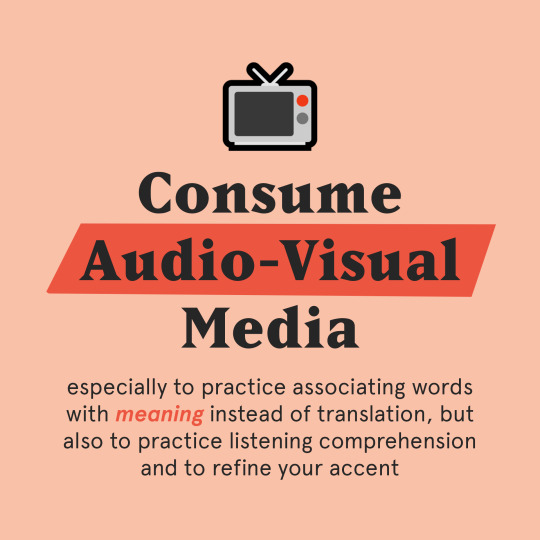
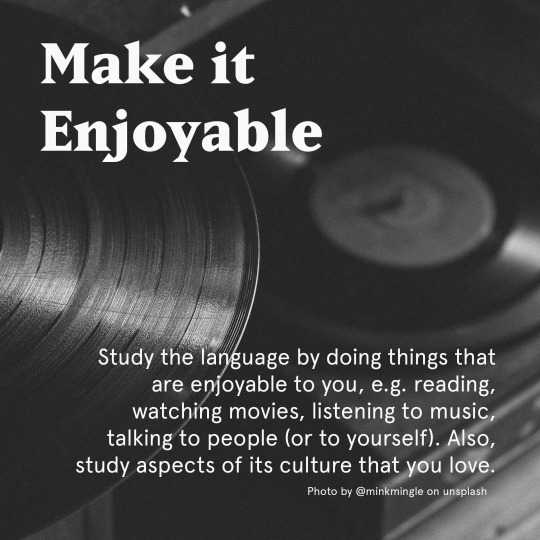
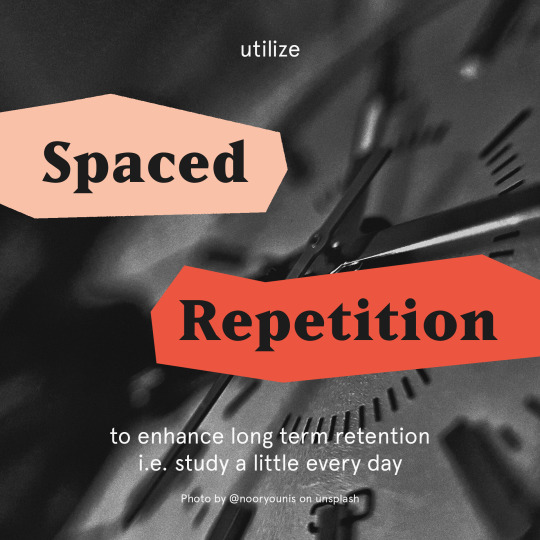

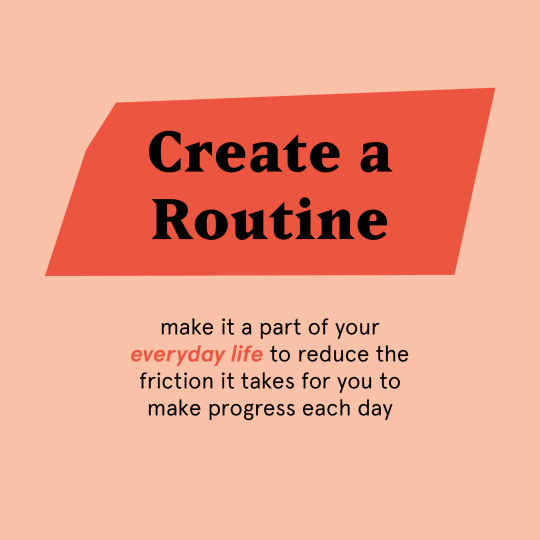
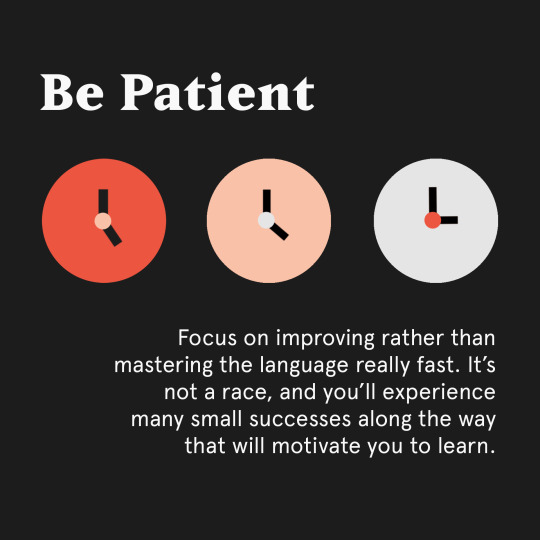
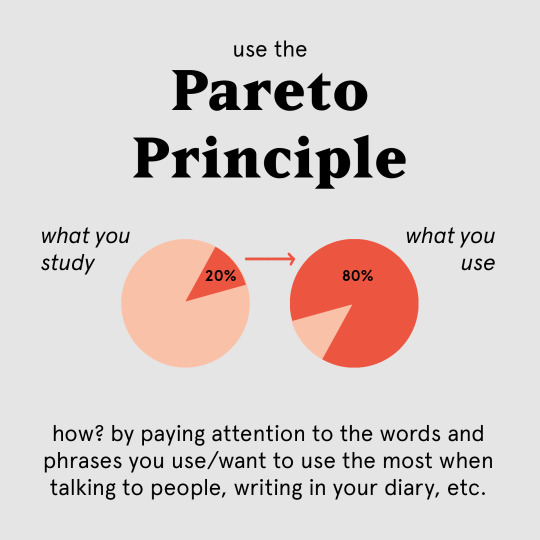
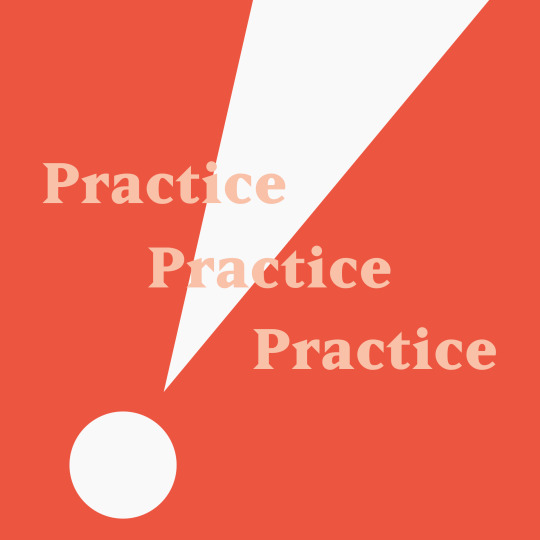
Quick Tips for Learning Languages on Your Own
Here are some mindsets and techniques that helped me study Italian on my own after classes ended. Hope this helps :)
Also, I’m trying out a new format for shorter posts--let me know what you think!
Text format below.
Find a reason to learn the language, because it’s hard to do something continuously without a clear goal in mind. Is it to talk to people? To express ideas? For your career? For the pursuit of knowledge?
Consume audio-visual media especially to practice associating words with meaning instead of translation, but also to practice listening comprehension and to refine your accent.
Make it enjoyable. Study the language by doing things that are enjoyable to you, e.g. reading, watching movies, listening to music, talking to people (or to yourself). Also, study aspects of its culture that you love.
Utilize spaced repetition to enhance long term retention, i.e. study a little every day.
Don’t worry if you aren’t great at it at first. Focus on what you can understand and can do, and fill in the gaps later. Don’t stop practicing just because you don’t understand.
Create a routine. Make it a part of your everyday life to reduce the friction it takes for you to make progress each day.
Be patient. Focus on improving rather than mastering the language really fast. It’s not a race, and you’ll experience many small successes along the way that will motivate you to learn.
Use the pareto principle. 80% of what you use comes from 20% of what you study. Find the 80% by paying attention to the words and phrases you use/want to use the most when talking to people, writing in your diary, etc.
Practice. Practice. Practice.
#mine#eintsein#studyblr#studyspo#study hard#organization#languages#productivity#inspiration#hey sareena#areistotle#academla#studyblrmasterposts#graphic design#mymp#lgg
17K notes
·
View notes
Photo

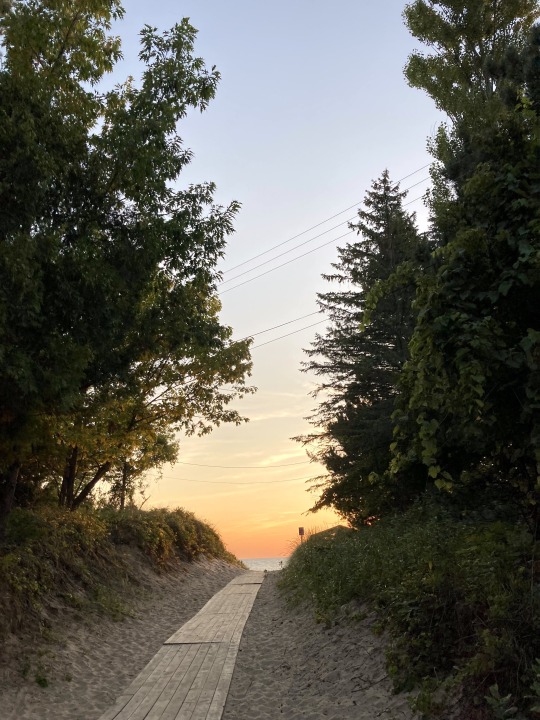
2021.08.19 // 13:17
is it just me or is anyone else starting to use notion for everything in their life? i found it really useful for planning what i need to buy for my new apartment.
pic: lakeisle rd., onekama, mich.
#201#mine#studyblr#studyspo#study motivation#studyblrpositivity#studysthetic#student#onmydesk#notion#elkstudies#heygen#studypetals#obsidianstudy#natlookhere#areistotle#studyplants#academla#hi xuanlin#heysareena#caffestudy#heyargo#studylustre#studyoon#intellectys#phocusing
155 notes
·
View notes
Text


25. 10. 19
The past few weeks have been crazy. Lots of readings and essays to write, but I’m almost done so I’m excited to be able to read for pleasure for a while. Yesterday I visited a museum in my city, and next week I’m travelling to another city with my friends, and I intend to also visit some museums and libraries there. Can’t freaking wait!
3K notes
·
View notes
Text


22.03.2021: first day back from vacation and I did nothing but draw molecules in LaTeX today. I also listened to a few lo-fi streams and found this Animal Crossing one on YouTube. All in all, not too bad. [51/100]
Oh, and then I nearly fell for an e-mail scam and I am ashamed of myself. 🙃
#100 dop#100dop#100 days of productivity#academla#studyblr#studyspo#gradblr#phdblr#logitech#keyboard#laptop#desk
22 notes
·
View notes